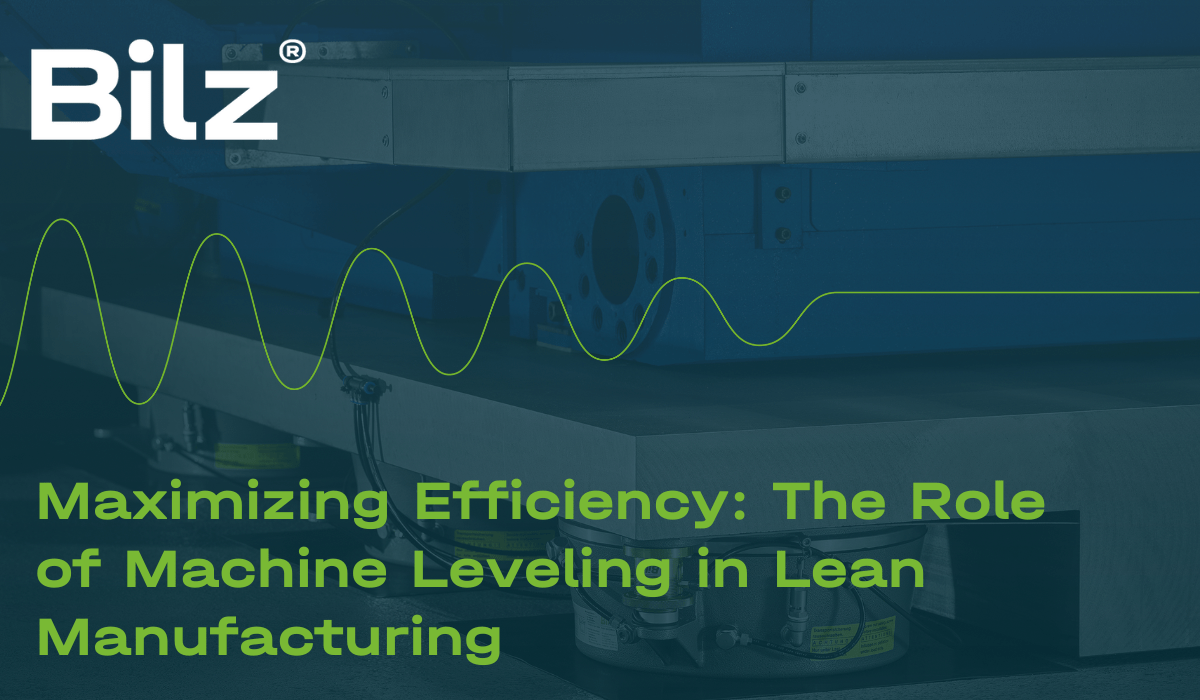

Lean manufacturing principles aim to eliminate waste, enhance productivity, and achieve a seamless flow in production processes. Within this framework, every aspect of the manufacturing process is scrutinized for efficiency gains, including the foundational step of machine leveling. Proper machine leveling is not just a prerequisite for equipment operation; it's a strategic lever for lean manufacturing, enabling reduced waste, improved product quality, and a smoother production flow. This blog post delves into how machine leveling contributes to the objectives of lean manufacturing and how it can be optimized for maximum efficiency.
One of the core objectives of lean manufacturing is the elimination of waste, including wasted time, materials, and effort. Machine leveling directly impacts this objective by ensuring that machinery operates at its optimal efficiency, reducing the likelihood of production errors that lead to material waste and rework.
Lean manufacturing emphasizes the importance of quality, not just to meet customer expectations but also as a strategy to reduce waste. High-quality products result in fewer returns, less rework, and higher customer satisfaction. Machine leveling plays a critical role in maintaining the precision required for high-quality output.
A smooth and uninterrupted production flow is another pillar of lean manufacturing. Machine leveling contributes to this by ensuring that equipment operates efficiently, preventing bottlenecks and disruptions caused by machinery issues.
Continuous improvement, or Kaizen, is at the heart of lean manufacturing. It involves constantly seeking ways to improve processes and eliminate inefficiencies. Machine leveling processes can be continuously monitored and adjusted to align with this principle, using data and feedback to make iterative improvements.
To fully harness the benefits of machine leveling within a lean manufacturing context, manufacturers should consider the following strategies:
Machine leveling is a critical yet often overlooked component of lean manufacturing strategies. By ensuring machinery operates at its optimal level, manufacturers can significantly reduce waste, enhance product quality, and maintain a smooth production flow, all of which are key objectives of lean manufacturing. As manufacturers continue to pursue efficiency and waste reduction, integrating advanced machine leveling practices offers a tangible path to achieving these lean manufacturing goals.